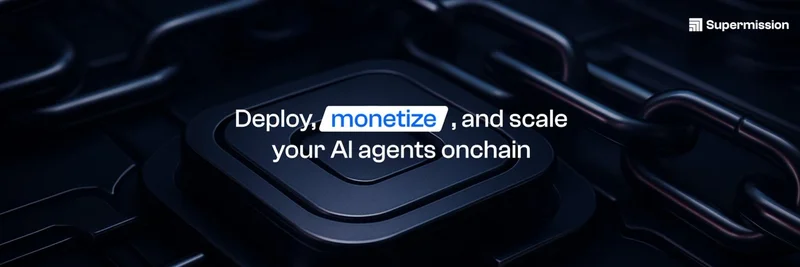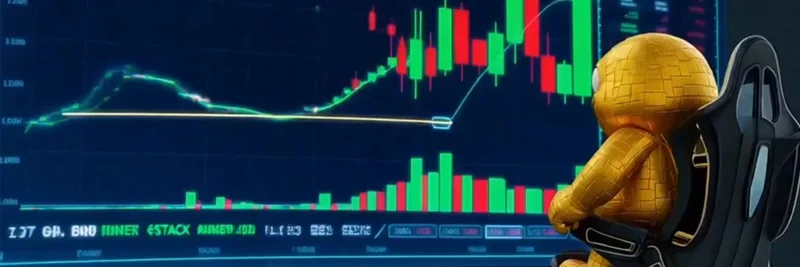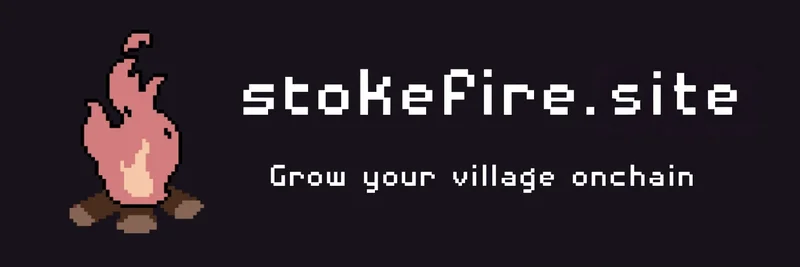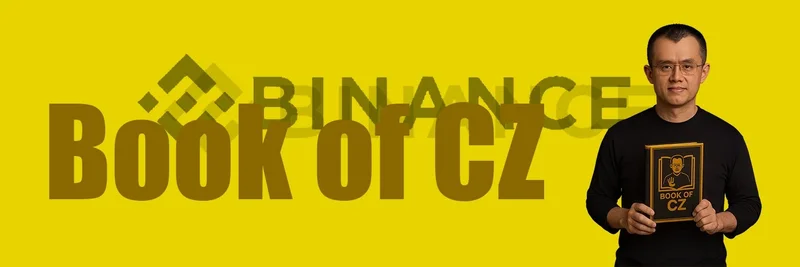In the fast-paced world of crypto, big news drops can shift the entire landscape overnight. That's exactly what happened when Austin Federa, co-founder of DoubleZero Networks, shared a thread on X highlighting a monumental win for his project—and potentially for the broader crypto ecosystem.
Federa's thread kicks off with a reflective post: "If you told me four years ago that in 2025 an SEC Commissioner would release a statement about a project I co-founded and the agency would be sending me a formal letter… How times have changed." He's quoting his earlier announcement about the SEC's Division of Corporation Finance issuing a No-Action Letter for DoubleZero's native token, 2Z.
For those new to the term, a No-Action Letter is basically the SEC saying, "We're not going to pursue enforcement action against you if you do things as described." In this case, it confirms that the "programmatic transfers" of 2Z tokens to network contributors don't need to be registered as securities under U.S. laws. This is huge because it reinforces the idea that not all tokens are securities—something crypto enthusiasts have been arguing for years.
DoubleZero Networks is building a decentralized global fiber network optimized for high-performance distributed systems, like blockchains. Think of it as upgrading the internet's backbone specifically for crypto apps. The 2Z token, built on Solana as an SPL token, powers this ecosystem. It's used for payments in bandwidth access, incentivizing network efficiency, and securing the system. With a total supply of 10 billion tokens, it's designed to align incentives among users, contributors, and the network itself.
Federa's excitement is palpable, especially when he follows up by quoting the SEC Chair's cheeky statement: "PSA, we are not the Securities and Everything Commission." This light-hearted jab from the regulator underscores a potential thawing in the historically tense relationship between the SEC and crypto projects. The full letter, available on the SEC's website, details that the decision hinges on specific representations from DoubleZero, meaning it's not a blanket approval for all tokens but a tailored green light for their setup.
Why does this matter for meme token enthusiasts? Meme tokens often walk a fine line with regulations, especially around how they're distributed and used. While 2Z is more of a utility token for a real-world network, this precedent could pave the way for clearer guidelines on when tokens cross into security territory. It might encourage more projects, including those in the meme space, to structure their distributions thoughtfully to avoid SEC scrutiny.
The thread has sparked reactions from the community, with replies congratulating Federa and the DoubleZero team. One user called it "incredible times," while another noted it's a "massive win for the whole industry." It's a reminder of how far crypto has come—from regulatory battles to moments of validation.
As blockchain technology evolves, wins like this help build a more mature and compliant ecosystem. If you're diving into meme tokens or broader crypto innovations, keeping an eye on regulatory shifts like this one is key. DoubleZero's success with 2Z could inspire similar approaches, making it easier for projects to thrive without constant fear of enforcement.
For more on how regulations impact meme tokens and blockchain tech, stick around at Meme Insider—we're here to break it down in plain English.




